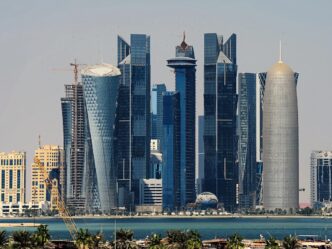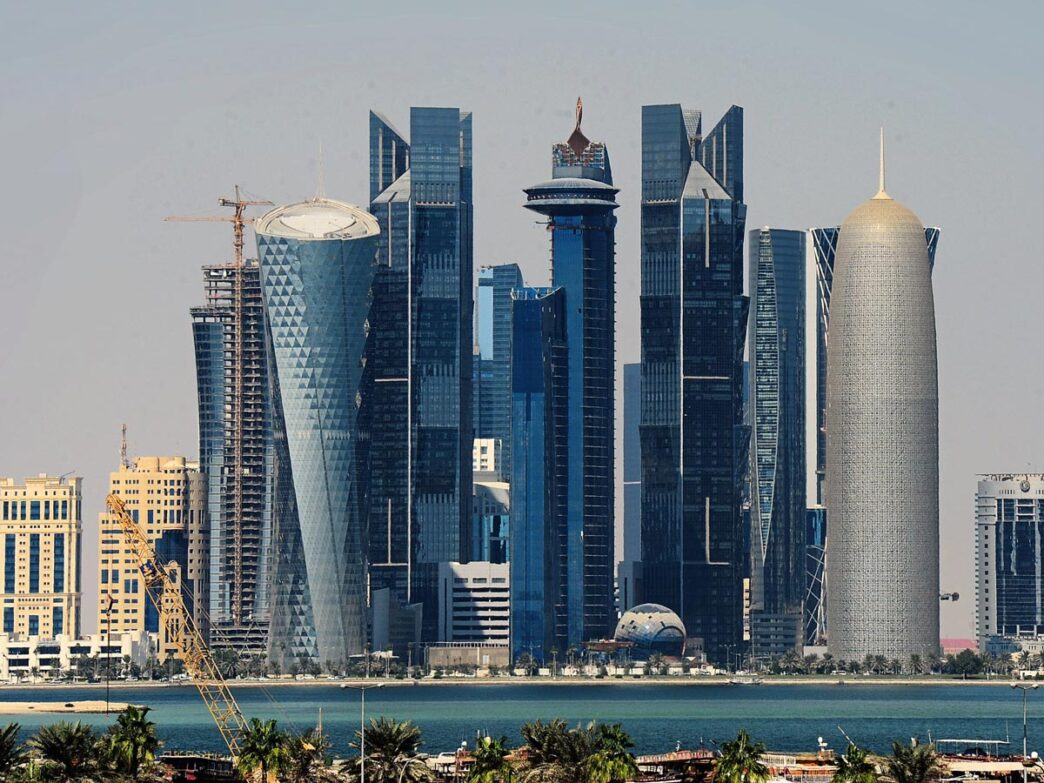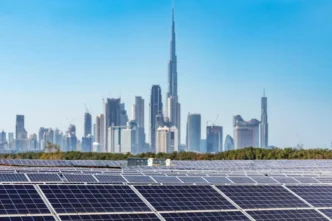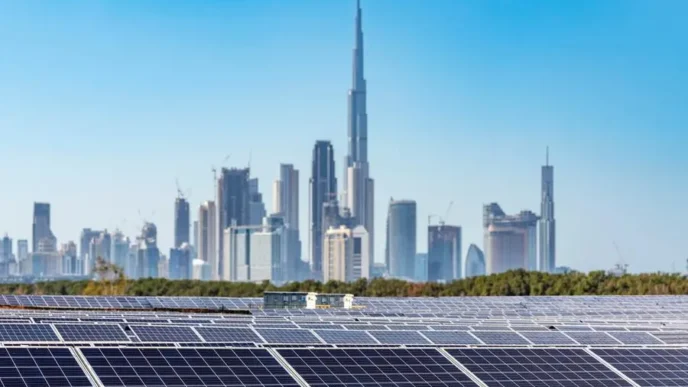As the Middle East continues to rise as a global hub for finance, innovation, tourism, and diplomacy, two names stand out—Dubai (UAE) and Qatar. Both offer remarkable infrastructure, economic opportunity, and cultural influence. However, for investors, entrepreneurs, or expatriates looking to base themselves in the Gulf, each presents unique advantages and trade-offs.
Here’s a professional comparison of the pros and cons of Dubai and Qatar across key sectors:
1. Economic Landscape
Dubai (UAE) – Pros:
- Global business hub with zero personal income tax
- Highly diversified economy beyond oil: trade, real estate, tourism, fintech
- Home to free zones like DIFC, DMCC, and Dubai Internet City
- Strong access to capital, talent, and multinational corporations
- Advanced regulatory environment and investor protections
Dubai – Cons:
- Higher cost of living, especially in housing and private education
- Competitive, fast-paced business environment with tight compliance
- Heavy reliance on foreign labor creates sensitivity to visa policies
Qatar – Pros:
- One of the world’s wealthiest countries per capita
- Strong sovereign wealth support (QIA), especially in infrastructure and sports
- Rapidly growing in logistics, LNG exports, and smart city development (e.g., Lusail)
- Lower population density, less congestion
Qatar – Cons:
- Smaller private sector ecosystem compared to Dubai
- Business environment still evolving; bureaucracy may be more pronounced
- Less diversified economy; more reliant on gas exports
2. Global Connectivity and Infrastructure
Dubai – Pros:
- Dubai International Airport (DXB) is the world’s busiest for international passengers
- World-class roads, ports (Jebel Ali), and logistics
- Serves as a transit and cargo hub between Asia, Europe, and Africa
- Extensive hospitality, convention, and entertainment infrastructure
Qatar – Pros:
- Hamad International Airport (HIA) is award-winning and rapidly expanding
- Post-World Cup infrastructure boom—metro, highways, stadiums, smart cities
- Emerging aviation and cargo hub through Qatar Airways and Doha Port
Dubai – Cons:
- Can be congested during peak seasons; rising environmental concerns from rapid growth
Qatar – Cons:
- Smaller scale in global trade and passenger volume
- Still building post-World Cup tourism momentum
3. Lifestyle, Culture, and Expat Life
Dubai – Pros:
- Extremely cosmopolitan—over 85% expat population
- Liberal lifestyle by regional standards: nightlife, mixed culture, international schools
- Major global events: Expo 2020 legacy, COP28, international sports
Qatar – Pros:
- High-quality expat accommodation and security
- Cultural authenticity combined with modernization
- Strong focus on arts and education (e.g., Education City, National Museum)
Dubai – Cons:
- High rental and private healthcare costs
- Can feel transient for some, due to fast turnover of expat community
Qatar – Cons:
- More conservative socially, though changing gradually
- Less nightlife and leisure diversity compared to Dubai
4. Long-Term Growth and Vision
Dubai – Pros:
- Visionary leadership with Dubai 2040 Urban Master Plan
- Ongoing investment in AI, green tech, and financial innovation
- Strong reputation as the “Switzerland of the Middle East”
Qatar – Pros:
- Qatar National Vision 2030 focusing on knowledge economy
- Leveraging World Cup legacy to become a global soft power player
- Strategic diplomacy, hosting major international summits and sporting events
Conclusion: Choosing Between Dubai and Qatar
Dubai is the ultimate global gateway, ideal for international business, high-net-worth individuals, and lifestyle-focused expats. It offers scale, speed, and access to global capital.
Qatar is ideal for those seeking strategic investment opportunities, long-term residency in a stable high-income country, and exposure to a growing market with substantial state backing.
Both are regional powerhouses—but the better choice depends on your goals:
- Speed and scale? Choose Dubai.
- Stability and sovereign strength? Consider Qatar.
Either way, both represent the future of opportunity in the Middle East.














